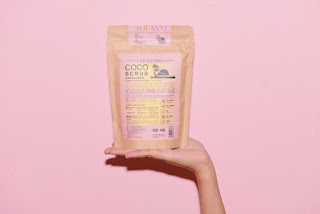Posts
Showing posts from 2017
Shanghai Black Fashion Week Presents: Eggzekitive Rob Clothing
- Get link
- Other Apps
Shanghai Black Fashion Week Presents Naya Fashion
- Get link
- Other Apps
Shanghai Black Fashion Week 2017
- Get link
- Other Apps
Doing Business in China Presents: Tofanyi Coco Scrub, a Vegan Beauty Brand
- Get link
- Other Apps
You Saw It Here First! China Made and Trending- Fluff and Tassels
- Get link
- Other Apps
Doing Business in China Part 2: Hair By Akoni
- Get link
- Other Apps
Which Came First: Designer or Design?
- Get link
- Other Apps





